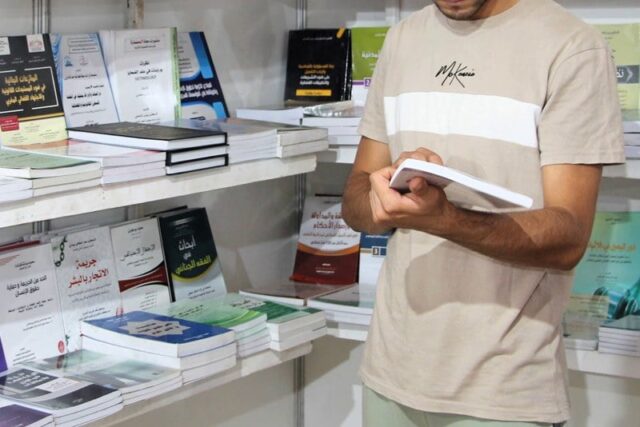A recent study prepared by experts from the “User Institute” confirmed that illiteracy energy rates vary considerably in the world, because some countries have recorded a 100%literacy rate, while Morocco has obtained a rate of 75.93 points, lower than the average world reading and writing rate, which represents more than 86%.
The same study put the kingdom of Morocco on a list of fifty countries which have recorded the lowest world rates in reading and writing among citizens over the age of 15. This list also included Algeria, Mauritania and Comoros, while the state of Chad, in which the literacy rate did not exceed 27%.
In the same context, nine countries, led by Norway and Finland, have ranked first in the world in the list of countries whose citizens are mastered, at the age of 15, to read and write. On the other hand, more than 37 countries in the world have recorded illiterate energy rates above 99%, including the United States, France, Italy, Cuba and Serbia, as well as other countries.
The study of the “Users Institute” indicates that the world has a very high reading and writing rate, despite the difference in this rate from one country to another, and also specified that there are eight countries that suffer from Mali, Sudanese from the South, Botwana, Botwana, Botswana and Affghanistan, all of Mali, Mali, citizens of 12 other countries.
The same source stressed that poverty is one of the main factors that hinder children’s access to education, because some families are forced to send their children to work instead of studying, noting that more than 75% of adult illiterate people are largely concentrated in South and Western Asia and sub-Saharan Africa.
The study, which was based on the latest data available from the World Bank and the United Nations, revealed that the rate of literacy in China is around 95%, which makes it close to the rates recorded in many Western countries, stressing that “poor countries, where education is less available for children, tends to record a reduction in energy rates to illiteracy”.
The same data stressed that almost two thirds of adults who are unable to read and write in the world are women, noting that the gap between the sexes in literacy is less in the most advanced countries compared to the others.
The study suggested solutions to literacy and improving reading and writing skills in countries that still have problems in this area, including the introduction of books in the children’s sleep routine and stimulating reading in the family environment, as well as to support the motor skills that help the child write it, encourage him to blog and integrate reading and writing into his daily activities.




